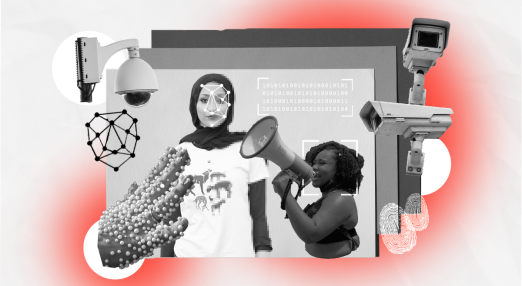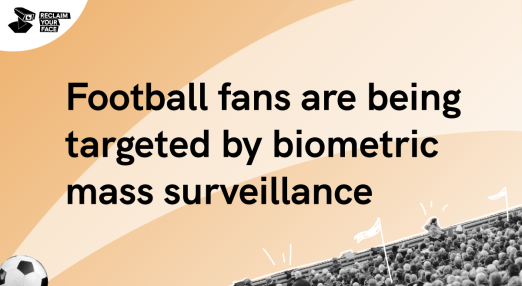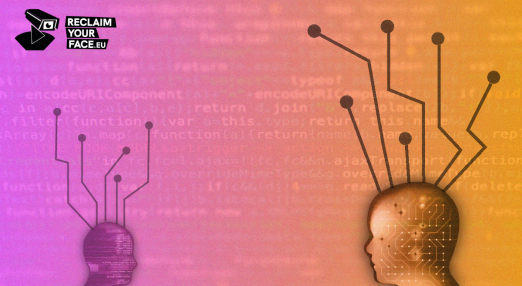AIAct
Filter by...
-

How to fight Biometric Mass Surveillance after the AI Act: A legal and practical guide
The EU's Artificial Intelligence Act has been adopted, laying out an in-principle ban on live mass facial recognition and other public biometric surveillance by police. Yet the wide exceptions to this ban may pave the way to legitimise the use of these systems. This living guide, for civil society organisations, communities and activists, charts a human rights-based approach for how to keep resisting biometric mass surveillance practices now and in the future
Read more
-

EU AI Act: Deal reached, but too soon to celebrate
On 8 December 2023, following over 36 hours of negotiations, EU lawmakers finally cinched a deal on the Artificial Intelligence Act. However, whilst some fundamental rights protections have been won, the overall Act has not lived up to its potential to put people and their rights front and center.
Read more
-

NGOs and experts warn AI Act negotiators: don’t trade our rights!
On 8 December 2023, 70 civil society groups and 34 expert individuals sent an urgent letter to the Council of EU Member States, the European Commission and the European Parliament to urge them "Do not trade away our rights!" in the final trilogue (negotiation) on the landmark Artificial Intelligence (AI) Act.
Read more
-

Emotion (Mis)Recognition: is the EU missing the point?
The European Union is on the cusp of adopting a landmark legislation, the Artificial Intelligence Act. The law aims to enable an European AI market which guarantees safety, and puts people at its heart. But an incredibly dangerous aspect remains largely unaddressed - putting a stop to Europe’s burgeoning 'emotion recognition' market.
Read more
-

Remote biometric identification: a technical & legal guide
Lawmakers are more aware than ever of the risks posed by automated surveillance systems which track our faces, bodies and movements across time and place. In the EU's AI Act, facial and other biometric systems which can identify people at scale are referred to as 'Remote Biometric Identification', or RBI. But what exactly is RBI, and how can you tell the difference between an acceptable and unacceptable use of a biometric system?
Read more
-

Football fans are being targeted by biometric mass surveillance
Apart from its undemocratic nature, there are many reasons why biometric mass surveillance is problematic for human rights and footabll fans’ rights.
Read more
-

The EU AI Act: How to (truly) protect people on the move
The European Union Artificial Intelligence Act (EU AI Act) aims to promote the uptake of trustworthy AI and, at the same time, protect the rights of all people affected by AI systems. While EU policymakers are busy amending the text, one important question springs to mind: whose rights are we talking about?
Read more
-

How can you influence the AI Act in order to ban biometric mass surveillance across Europe?
The EU is currently negotiating the Artificial Intelligence (AI) Act. This future law offers the chance to effectively ban biometric mass surveillance. This article aims to offer an overview of how the EU negotiates its laws and the key AI Act moments in which people can make their voices heard.
Read more
